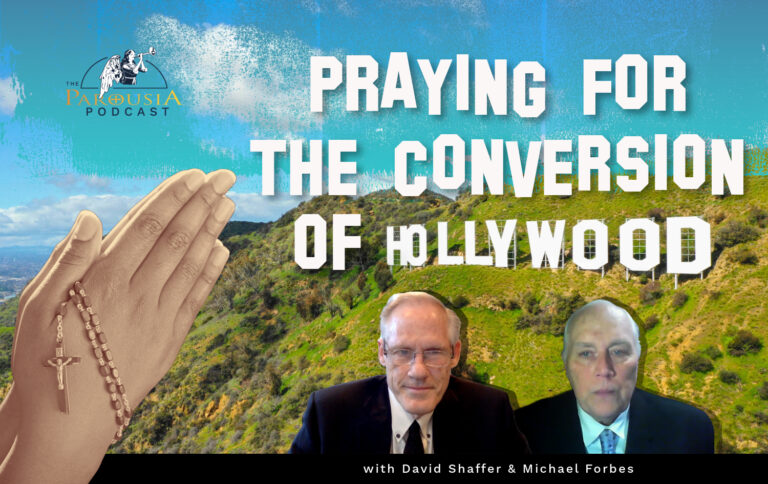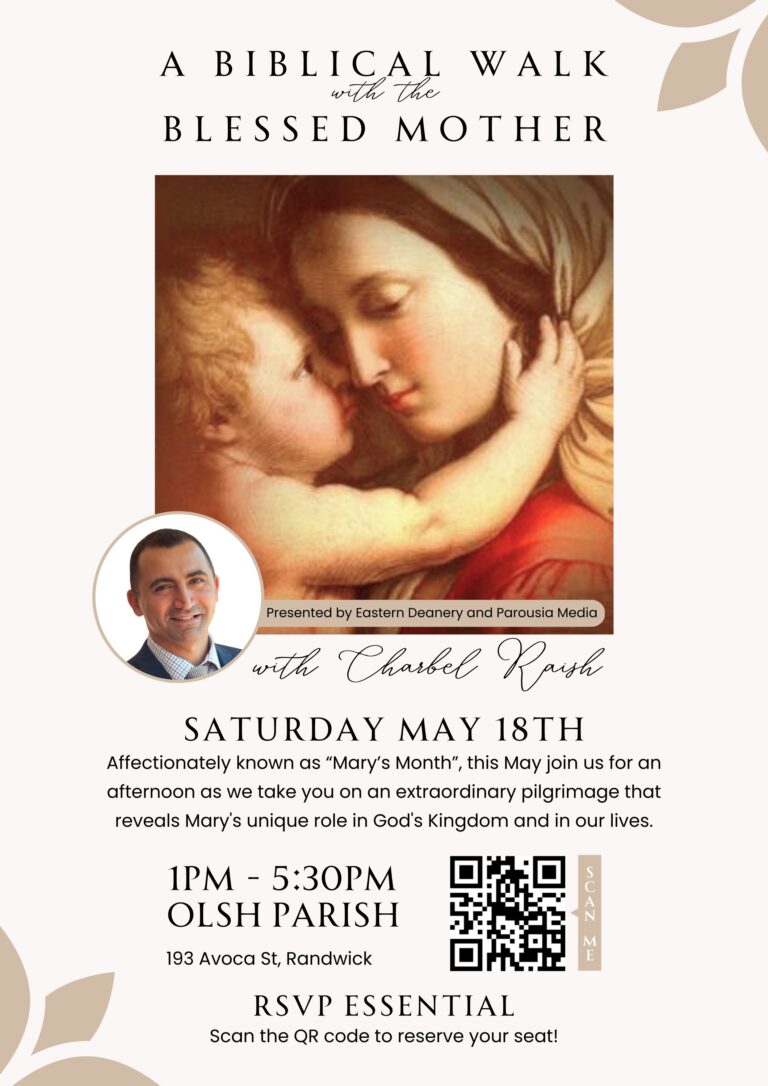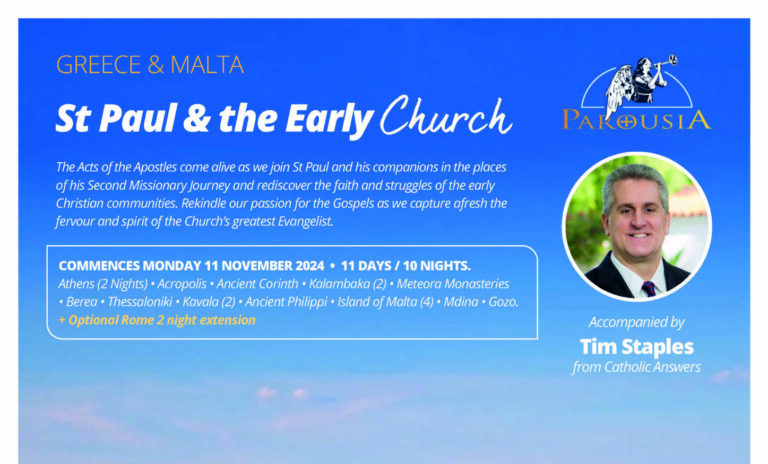Asking questions about Heaven may seem like asking questions about Katmandu, Kuala Lumpur, or some other exotic place you are unlikely to see firsthand—an occasion for speculation. But writing about Heaven is not really like writing about faraway places with strange-sounding names, for writing about Heaven is really writing about God.
A creation reflects a Creator and the laws of a kingdom, the ideals of the King. So asking whether we will have sex in Heaven or whether our pets will be there is really asking what kind of God we serve and what his best intentions are for our eternity.
Philosopher Peter Kreeft agreed to write this because Christianity Today still capitalised Heaven (which it usually doesn’t) “as if it were a real place like Boston” (which it is) “rather than a wispy abstraction like “wellness.” In Part 1 of this Q&A, he addresses (often whimsically) some frequently asked questions about Heaven.
 In this brief chapter I would like to attempt the impossible: to answer some of the most frequently asked questions about Heaven. Obviously, it would take more than an article, more than a lifetime, and more than human wisdom to answer any one of these questions adequately. But “fools rush in where angels fear to tread.”
In this brief chapter I would like to attempt the impossible: to answer some of the most frequently asked questions about Heaven. Obviously, it would take more than an article, more than a lifetime, and more than human wisdom to answer any one of these questions adequately. But “fools rush in where angels fear to tread.”
More seriously, sometimes a taste can whet the appetite for more complete consumption later on, and perhaps these samples will at least suggest ways to think about the subject.
1. How do we know anything about Heaven, anyway?
If we had no “inside information,” we could only speculate. Fortunately, we have some solid data to build on: divine revelation. I think God wants us to use our reason and also our imagination (for why should we neglect any God-given faculty) to explore the treasure of tantalising hints in Scripture. To be indifferent to it is to be like the unprofitable servant who hid his master’s talent in the ground.
In having this data, we are in a position very different from that of the unbeliever (or rather, the difference lies in our believing the data, for the whole human race has it; it is public). We are like the sighted compared to the blind, who can only speculate about things visible. We can do more than speculate about things invisible.
“What do you know about Heaven, anyway? Have you ever been there?” We can answer this challenge: “No, but I have a very good Friend who has. He came here and told us about it and showed it to us. He is the Way, the Truth, and the Life.”
2. Why won’t we be bored in Heaven?
I suspect this question subconsciously bothers most of us more than we like to admit. I can remember having something of a crisis of faith as a child: I thought I didn’t want to go to Heaven since the popular pictures of it seemed pretty boring to me.
Freud, who occasionally comes up with nuggets of wisdom sandwiched between mountains of nonsense, says that everyone needs two things to make life worth living: love and work. The two are really one, for love is a work and work is a love. Love is a work, for it is something you do, not something you just feel or fall into. And work must be a love, for if not, it is threatening and boring. What love-work will we do in Heaven, then?
We will complete the very love-works we are meant to do on Earth. There are only six things that never get boring on Earth, six things that never come to an end: knowing and loving yourself, your neighbor, and God. Since persons are subjects and not objects, they are not exhaustible; they are like magic cows that give fresh milk forever.
The two great commandments that are our job description for life, in both this world and the next, express this plan: We must love God wholly and we must love our neighbor as ourself. And in order to love we must know, get to know, as endlessly as we love endlessly. This never gets boring, even on Earth: getting to know and love more and more someone we already know and love. It is our clue and our preparation for our eternal destiny of infinite fascination.

3. Will we recognize our loved ones in Heaven?
George Macdonald answers this question with a counterquestion: “Will we be greater fools there than here?” Of course we will know our loved ones. This is a divinely designed, essential part of our joy. We are not designed to be solitary mystics, lovers of God alone, but to be, like God himself, lovers of men and women as well.
Just as Jesus on Earth loved each person differently and specially—he did not love John as he loved Peter, because John was not Peter—so we are designed to love people specially. There is no reason why this specialness should be removed, rather than added to, in eternity. Our family and special friends will always be our family and special friends. In this life a child begins to learn to love by loving mother, then father, then siblings, then pets. The concentric circles of love are then gradually expanded, but the beginning lessons are never abandoned. There is no reason to think God rips up this plan after death.
4. How can I be happy in Heaven if someone I loved deeply on Earth doesn’t make it to Heaven?
This brings up all sorts of other questions about emotions, relationships, and suffering in Heaven. These will be dealt with shortly, but the simplest and most important answer to this question for now is this: If there is someone you love and identify with so deeply that you cannot imagine being happy in eternity without him or her, and that someone seems now to be in peril of being unsaved, then use the relationship that God’s providence has ordained for you.
Tell God that he has to arrange for this person’s salvation as he has arranged for yours, because this person is a real part of you, and for you as a whole to be saved, this person has to come along, just as your own body and emotions have to come along. It need not be a “wheedling” or “blackmail” prayer; it can be a simple presentation of the facts, like Mary’s “They have no more wine.” Let God do his thing: it is always more loving, more gracious, and more effective than our thing, more than we can ever imagine or desire.
Trust him to use your earthly love as a channel, supernatural and/or natural, of grace and salvation for your friend. Your very question, your very problem, is the clue to its answer. God put that burden on your heart for a reason: for you to fulfill.
5. Can suicides be saved?
Simply, yes. Most people who commit suicide are not in full control of their reason and thus are not fully responsible. Suicide is a dreadful mistake, of course, and a terrible sin. But only unrepented sin locks Heaven’s door, and sometimes sins are repented of at the same time they are committed, or immediately afterward. The deeper part of a suicide’s soul and will may believe and hope in and love God even while the surface part drives him to despair. Or repentance may come in an instant between the act and its result, death, or even at the moment of death. We do not know. Only God sees and judges hearts, not just acts, and God will use every possible means to save us. Perhaps many of those means are unknown and unsuspected by us. No one dare limit the mercy, the cleverness, or the power of God.
But our very uncertainty should send us running from this horribly dangerous sin in holy terror. Those who commit suicide do not automatically ensure their damnation, but they certainly risk their salvation.

6. Will we have emotions in Heaven?
This question prompts a series of questions of the form: Will we have the following earthly thing in Heaven? I believe the answer to all such questions is this: Yes, but not in the present form. Nothing is simply continued, and nothing is simply lost forever; everything is transformed, as it is at birth.
We can know very little about this transformation, of course, and our answers must be largely disciplined guesswork. But I strongly suspect that we will have emotions in Heaven, for they are part of God’s design for our humanity, and not only a result of the Fall. But our emotions will not drive us or control us. They will be no less passionate, but they will be less passive. Thomas Aquinas opines that sexual enjoyment was greater, not less, before the Fall (since sin always harms, never helps, every good thing), and Augustine opines that in Heaven the joy that we receive from God in our souls will “overflow” into our resurrection bodies in a “voluptuous torrent” of pleasure.
7. If we have emotions in Heaven, why won’t we be sad about those we loved who are in hell?
We know there is no sadness in Heaven: God “will wipe away every tear from their eyes” (Rev. 7:17). I think we will not be sad about the damned for the same reason God is not. According to the Sermon on the Mount, he will say to them, “I never knew you” (Matt. 7:23). God will wipe our memories clean. This is not falsehood or ignorance, but truth, for in a sense, the damned no longer are—that is, they no longer are in the most real place of all, Heaven. They no longer count. They are like ashes, not like wood. They once were fully human, fully alive, real men and women. But hell is a place not of eternal life but of eternal death. We do not love or weep over ashes; we only love or weep over the thing that existed before it was burnt. In Heaven, however, we will not live in the past—we will have no regrets; nor will we live in the future—we will have no fears; but like God, we will live in the eternal present. Our heavenly emotions will be appropriate to present reality, not past reality.
8. Does this mean hell is unreal?
Certainly not. Jesus is very clear about the reality of hell. But he is also clear that it is death, not life, for the soul. In Greek philosophy, souls cannot die. In Christianity, they can—in hell. Is this annihilation? No, it is death. Annihilation is the opposite of creation; death is the opposite of life.

9. What happens in hell?
Nothing.
10. What happens in Heaven?
Everything.
11. Can the blessed in Heaven see us now?
Let me put it this way: Is there any compelling reason why they shouldn’t? Would their perfection be threatened thereby? Can Heaven be Heaven only by being quarantined and having the blinds drawn? It is reasonable to interpret the “cloud of witnesses” in Hebrews 12:1 not only as witnesses to their faith during their own lifetimes but as witnesses to us, now; not just as the dead “witness to” the living by our memory of them but as the living witness the living by their living consciousness.
Is there anything wrong with your love of your family? Will there be anything wrong with it in Heaven? Will there be anything wrong with your desire to see how they fare on Earth? I see no compelling reason to answer no.
This Q&A will be continued, stay tuned!
Dr Kreeft’s book ‘Your Questions, God’s Answers‘ is available through our online store.
You can also hear Dr Peter Kreeft on the Parousia Podcast. Keep an ear out for a special discount code on this book!










Recent Comments